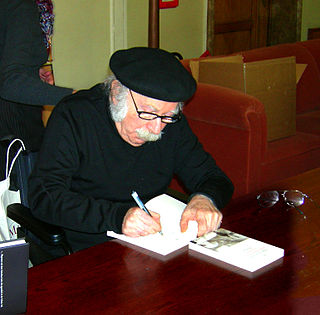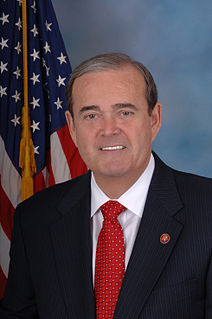A Quote by Atom Egoyan
You can talk about Holocaust denial, but it's really marginal for the most part. What is compelling about the Armenian genocide, is how it has been forgotten.
Related Quotes
The Armenian Genocide is such a controversial and very sensitive issue because the Turkish and Armenian people disagree about the facts of what actually happened. I know how strongly Armenians feel about the Genocide, and how it's never been recognised. At the same time, I do not hold today's generation of people accountable.
I make a difference between genocide and Holocaust. Holocaust was mainly Jewish, that was the only people, to the last Jew, sentenced to die for one reason, for being Jewish, that's all. Genocide is something else. Genocide has been actually codified by the United Nations. It's the intent of killing, the intent of killing people, a community in this culture so forth, but no other people has been really interested.
The term "genocide" is often incorrectly assumed to mean extreme examples of mass murder associated with war, with the death of millions of individuals, as, for instance in Cambodia. Although clearly the Holocaust was the most extreme of all genocides, the bar set by the Nazis is not the bar required to be considered genocide. Most importantly, genocide does not have to be complete to be considered genocide.
Why is it, that there's no movies, very little very little attention about the greatest Holocaust in the history of the world which was the Holocaust against Christians by the Soviet communism.And that's my point. We have a controlled media today that talks about the Holocaust, but they don't talk about the death and destruction of tens of millions of Christians...Which was a bigger Holocaust.
Although I write in English, and despite the fact that I'm from America, I consider myself an Armenian writer. The words I use are in English, the surroundings I write about are American, but the soul, which makes me write, is Armenian. This means I am an Armenian writer and deeply love the honor of being a part of the family of Armenian wrtiters.
I think any information about any type of art form, it's always the right time. But since the last one, I could see there were many things about the culture of DJing that we don't really talk about. We don't really look at how the music is made, how it's conceptualized, how it's put together. We talk about the equipment and the software, but we don't talk about the reasons why we put the music together in the first place.






































